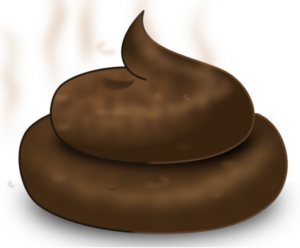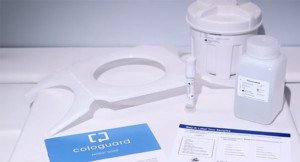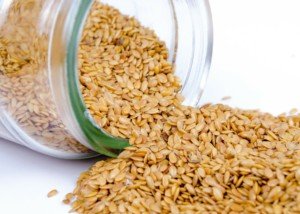
Regarding colon cancer, we need to be careful with addressing this question, because reputable sites state that the “frequency” of bowel movements may change (including increase per day).
But this article is not about frequency as much as it is about total amount of stools come end of day.
Benign conditions can cause the frequency of bowel movements to increase.
And colon cancer, too, can increase the frequency that one must void.
An example of how colon cancer might lead to this is that the patient normally has one bowel movement every day, then for no known reason (i.e., no change in eating habits), the person is now having three bowel movements a day.
“Colon cancer RARELY increases the amount of stool,” says gastroenterologist Sander R. Binderow, MD, FACS, FASCRS, with Northside Hospital in Georgia.
So don’t become alarmed if lately you’re having more bowel movements than usual BUT the total volume looks to be the same.
Dr. Binderow adds, “A colon cancer mass can cause an obstruction which would decrease stool.”
This article refers to formed stools, not diarrhea.
Dr. Binderow also says, “Rarely a mass blocking the rectum would lead to diarrhea.”
Get familiar with how much stool you normally produce on days that you have bowel movements.

And when you think about it, even from a layperson’s perspective, there’s really no reason why colon cancer would increase the amount of stools.
Stools are not created out of thin air, and are the body’s way of ridding wastes.
There’s a correlation between how much a person eats and total volume of BMs they have every day.
Certainly, a Sumo wrestler is going to be voiding a lot more stools than is a ballerina.
To improve your colon health, add raw chia seeds to your diet. The great thing about chia seeds is that one tablespoon contains four to five grams of fiber, and these tiny seeds can be mixed into so many foods without you even noticing.
Add a tablespoon to your fruit smoothie or protein shake (mix very well), or to rice and salads.
But don’t just rely on what you see and what you eat for colon health. Cologuard uses the latest in DNA technology to identify abnormal cells in your stools.

The Cologuard kit is simple to use and can be done at home. If the cells turn out abnormal, it would be recommended that you undergo a colonoscopy.
See Below for What’s Involved in a Colonoscopy
 Dr. Binderow performs minimally invasive, robotic and laparoscopic surgery for Crohn’s disease, ulcerative colitis, colon cancer and other colorectal conditions. Adept at routine procedures, he also sees patients with complex, atypical maladies.
Dr. Binderow performs minimally invasive, robotic and laparoscopic surgery for Crohn’s disease, ulcerative colitis, colon cancer and other colorectal conditions. Adept at routine procedures, he also sees patients with complex, atypical maladies.
 Lorra Garrick has been covering medical, fitness and cybersecurity topics for many years, having written thousands of articles for print magazines and websites, including as a ghostwriter. She’s also a former ACE-certified personal trainer.
Lorra Garrick has been covering medical, fitness and cybersecurity topics for many years, having written thousands of articles for print magazines and websites, including as a ghostwriter. She’s also a former ACE-certified personal trainer.
.


























